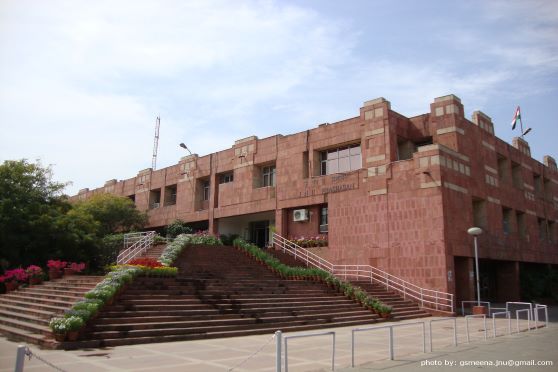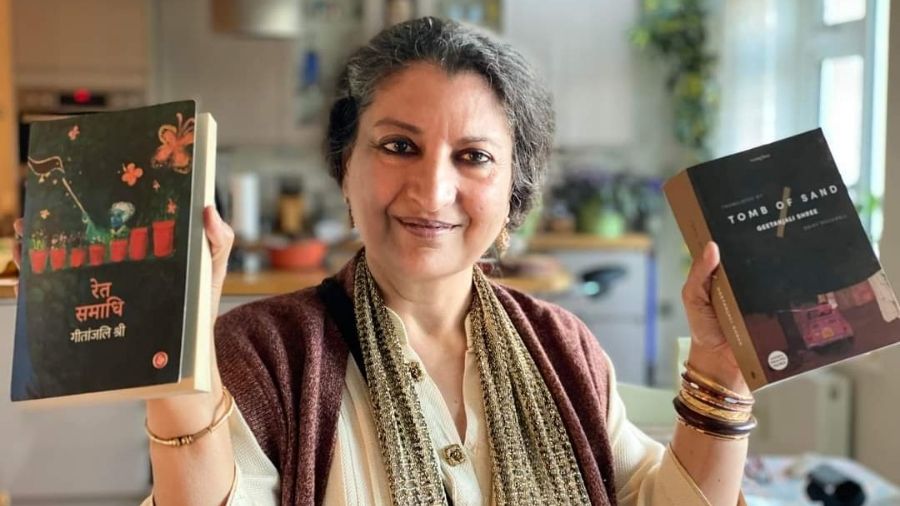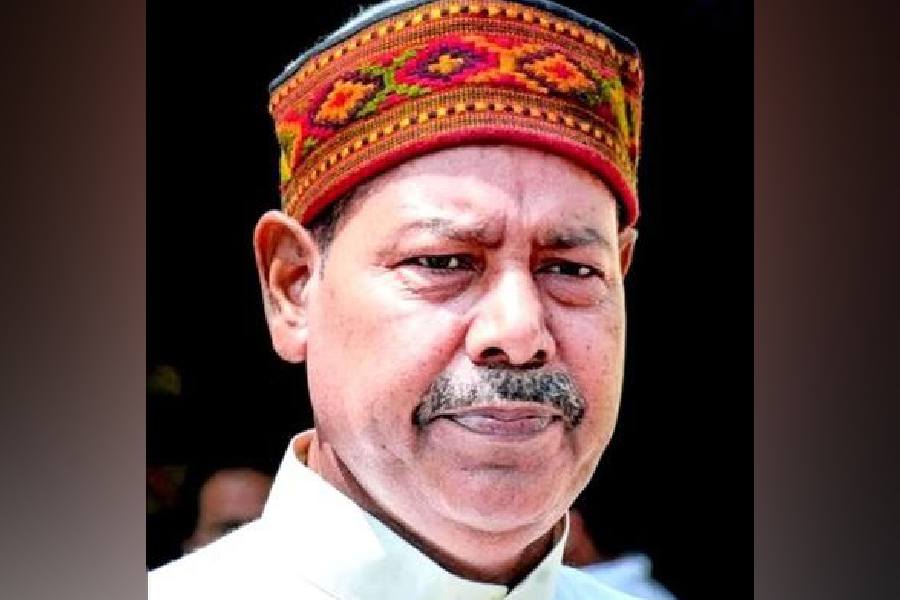Prominent universities in Delhi have questioned the "screwed up" criteria adopted by the coveted QS World University Rankings after they witnessed a decline in their scores, saying there is lack of transparency in some of the ranking parameters.
Quacquarelli Symonds (QS), global higher education analyst, earlier released the 19th edition of the world's most popular comparative data about university performance.
Popular universities in the city like the Jawaharlal Nehru University, Delhi University and Jamia Millia Islamia slipped in the rankings.
The Delhi University (DU), the 10th best Indian university to figure in the 19th edition of the ranking, slipped to the 521-530 category from the 501-510 bracket earlier.
DU Vice Chancellor Yogesh Singh said the university is analysing the data and steps will be taken accordingly.
"We are analysing the data and working on it. We will take steps accordingly (to improve the ranking) like improving the student-teacher ratio," he said.
Meanwhile, Jawaharlal Nehru University's (JNU) ranking, which was between 561-570 came down to the 601-650 bracket.
Contesting the criteria adopted by the QS for ranking the universities, JNU Vice Chancellor Santishree Dhulipudi Pandit said the QS only looks at "whether you have published papers or not", and not at diversity.
"IISC, IIT, JNU and any other universities cannot compete. Their (QS) criteria is screwed up. These QS ratings only look at whether you have published papers or not. It does not look at reducing social disparity and economic disparity, and I have told them where is student activism in either IITs or IISC. We (JNU) have diversity," she said.
Pandit, however, agreed that there is a need for improvement of infrastructure in JNU.
"They only see infrastructure and I agree there is no improvement (in infrastructure). We are working on it. We have got Rs 60 crore funding from the government for hostels. We are also looking for private funding. We are reeling under the Rs 100 crore deficit," she noted.
Meanwhile, Jamia Millia Islamia, another prominent university which saw its ranking go down, said there is a lack of adequate transparency in some parameters of the assessment process adopted by the agency.
It also said that it will analyse its scores and identify areas of concern in consultation with QS.
"We too are determined to improve our rankings. We find that there is greater scope for improvement in the international faculty and international student ratio. These two parameters, however, are not purely in our purview and are also linked to policy decisions at the government level," Ahmad Azeem, Public Relations Officer, Jamia Millia Islamia said.
"We feel a better understanding of the ranking process will not only help us to know our position in the ranking universe, but also act as feedback for further improvement," he said.
The Indian Institute of Science (IISc), Bengaluru, is the fastest rising South Asian University among the coveted QS World University Rankings top 200 varsities, having gained 31 places, while four Indian Institutes of Technology (IITs) have also figured in the category attaining a higher rank compared to the previous edition.












